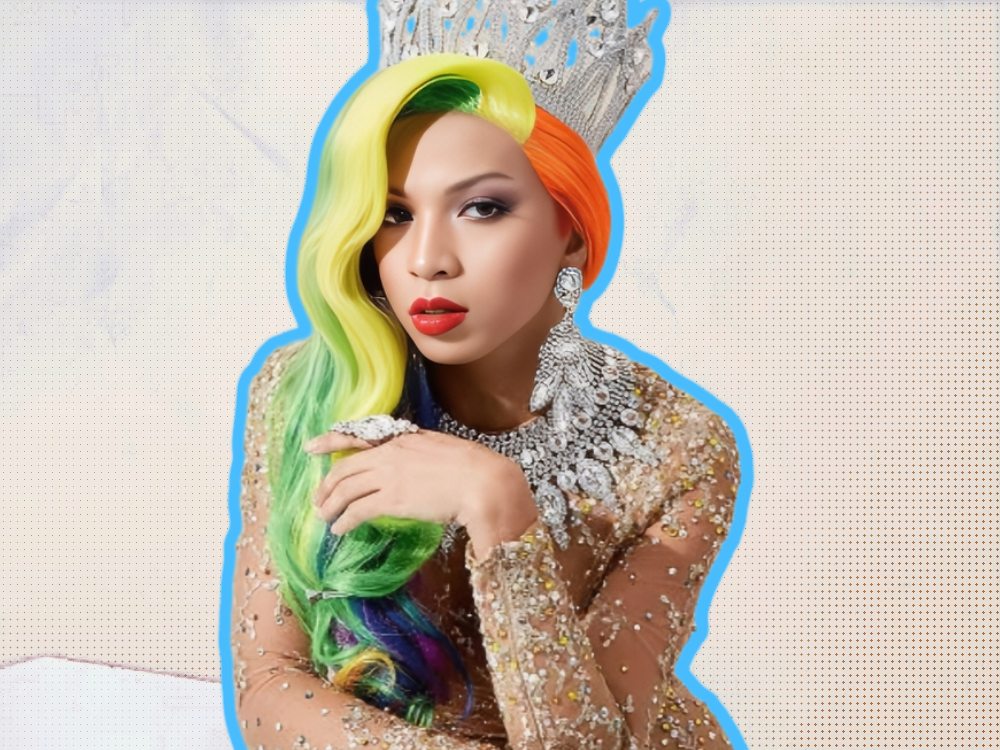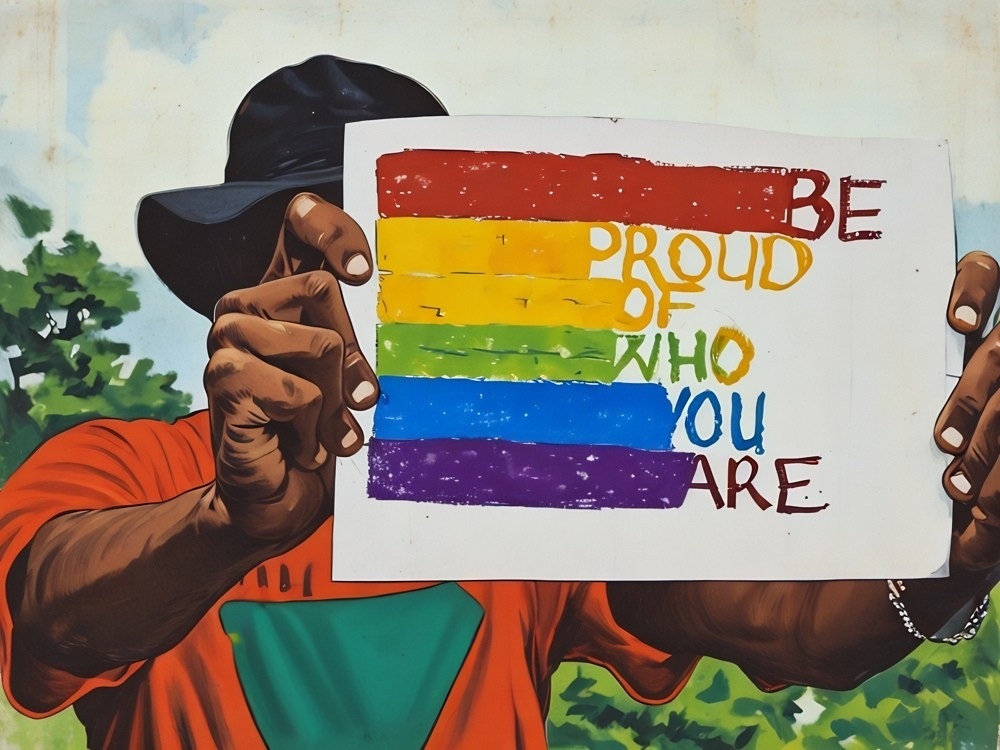An Orlando café owner is taking a bold stand against Florida’s crackdown on rainbow crosswalks — transforming her private carpark into a vibrant protest celebrating LGBTQ+ pride and other marginalised communities.
Trina Gregory, owner of the popular eatery Se7en Bites, recently hosted an event called “Parking Space for Pride — A Rainbow Connection,” where 49 of her business’s parking spaces were handed over to the public to paint in bold, colourful statements of love, justice, and resistance.
Held on privately owned land, the initiative stands outside the reach of a controversial new state law signed in July by Florida Governor Ron DeSantis, which orders the removal of “surface art” — including rainbow crosswalks — from roads and intersections across the state.
“Art has always been a form of resistance and healing,” Gregory told the Associated Press.
“If they want to erase symbols of pride and acceptance, then we’ll create even more of them. This isn’t just about paint, it’s about community, visibility, and love.”
Creative Resistance in the Face of Restrictive Laws
The move comes as a growing number of cities and residents across Florida push back against the law, which was justified by officials claiming that painted crosswalks “distract drivers.” However, research from Bloomberg Philanthropies’ 2022 Asphalt Art Safety Study found that colourful crossings can actually improve pedestrian safety.
Despite that, US Transportation Secretary Sean Duffy doubled down on the law’s intent in a July 1 letter, insisting intersections must remain “free from distractions.” In a follow-up post on X (formerly Twitter), Duffy wrote:
“Taxpayers expect their dollars to fund safe streets, not rainbow crosswalks.”
A Growing Movement of Private Protests
Gregory says she received over 1,000 applications from people eager to paint her carpark, with many pieces now featuring LGBTQ+ symbols, racial justice messages, and bold statements of solidarity.
And she’s not alone. According to the AP, other private property owners are following suit:
- In Sarasota, Pastor Dan Minor of Harvest Sarasota Church said his congregation painted 500 feet of rainbow colours between church buildings in a show of defiance.
- In Orlando, protesters have repeatedly restored rainbow colours to the Pulse memorial crosswalk — sometimes with chalk — only to have them painted over again by authorities.
- In St. Petersburg, two pastors were arrested for attempting to block state workers from erasing a “Black History Matters” mural.
- Protesters in multiple cities have since gathered to cover pavements in chalk messages, with arrests made — and later dismissed — in several cases.
Arrests and Legal Pushback
The crackdown hasn’t gone uncontested in the courts:
- In August, 29-year-old Orestes Sebastian Suarez was arrested after leaving rainbow chalk footprints at the Pulse crosswalk. A judge later threw out the charges, ruling police had no grounds for arrest.
- The next day, three more protesters were arrested during a “Chalk for Pride” demonstration, but all were released without formal charges.
“We Will Not Be Erased”
While state agencies like FDOT (Florida Department of Transportation) threaten to pull funding from cities that refuse to comply, the community’s message is clear: they won’t go quietly.
“We will not be erased,” said one protest organiser.
“We will paint, chalk, sing, and speak until we’re seen.”
As activists and allies continue to find creative ways to reclaim space, carparks, pavements, and churches have become the unexpected canvases of a colourful resistance — proving, once again, that pride will always find a way.



































